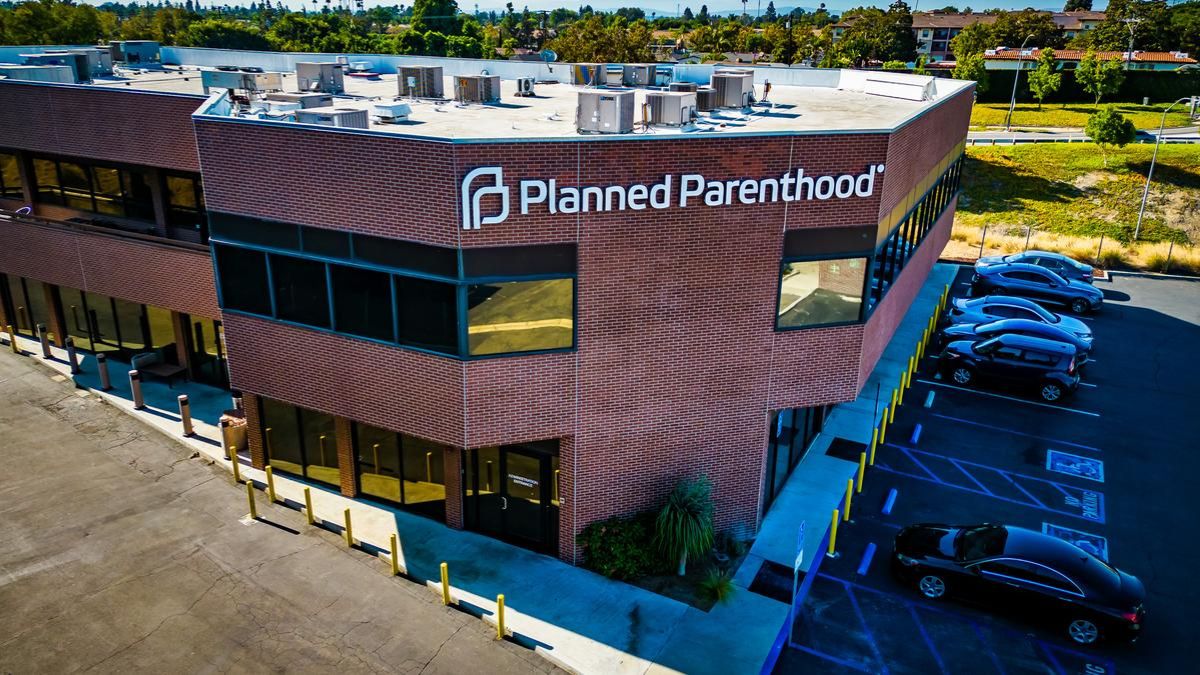

BreakPoint
Please donate to Prison Fellowship today to help protect religious freedom in prisons. And please donate online today with a year-end gift to help BreakPoint continue strong into the new year!
“’08 Presidential Hopeful Sen. Sam Brownback (R-Kansas) Spends Night in Prison,” FOX News, 10 December 2006.
Michael Kunzelman, “Presidential Candidate Stays in the Pen,” CBS News, 9 December 2006.
Pat Nolan, “Bearing Fruit in Angola,” BreakPoint WorldView, July/August 2002.
BreakPoint Commentary No. 061212, “All the News That’s Fit to Print?: IFI and the New York Times.”
Campaigning for Non-Votes
Believe it or not, it’s less than fourteen months until the Iowa caucuses and the New Hampshire primary. Thus, there’s hardly a potluck dinner or a PTA meeting in either state that won’t be graced by the presence of at least one would-be presidential candidate. Even in the era of the “perpetual campaign,” there are some places where you don’t, however, expect to find possible presidential candidates. One of them used to be inside a prison. I said, “used to be,” because Senator Sam Brownback (R) of Kansas, who has established a presidential exploratory committee, wasn’t in Iowa or New Hampshire this past weekend—he was in Louisiana. Specifically, he was in Angola, Louisiana, the site of one of America’s most famous—or infamous—prisons. Brownback spent the night in a 7-by-10-foot cell. He called his night “a little rough,” adding, “I didn’t sleep the best.” Obviously, Brownback didn’t spend the night at Angola for the accommodations. Nor did he do it as some kind of campaign stunt. As he put it, “There aren’t probably a lot of votes for me here.” What was there was an opportunity to “promote religious-based prison efforts to curtail violence and provide inmates with an alternative to crime once—or if—they got out.” Brownback told reporters, “We don’t want to build more prisons in the country [and] we don’t want to lock people up. We want people to be good, productive citizens.” Not only do these programs make a difference after release, they can also make a difference before prisoners are released. Angola’s warden, Burl Cain, has credited “a drop in violence at the prison” to these kinds of programs. That’s why he and other corrections officials and Prison Fellowship support them. It’s not often that you hear a possible presidential candidate saying, “We don’t want to build more prisons in this country,” or that we’re not addressing the “problems and needs” of prisoners. In fact, I can’t recall any presidential candidate ever saying anything like this. (And let me add, I don’t endorse political candidates, and I am not doing so now, though I think the world of Brownback.) Knowing Sam as I do, I’m not surprised that he spent a night in prison. He has been a strong supporter of the InnerChange Freedom Initiative® launched by Prison Fellowship in his home state and has stayed in those prisons as well. A practicing Roman Catholic, Brownback understands that a Christian worldview isn’t bound by the categories that have rendered American politics empty and stale. Instead, he puts his faith into action, following in the great tradition of William Wilberforce, the English parliamentarian and a hero of mine who led the crusade to abolish the slave trade. Like Wilberforce, Sam knows that the way we treat the “least of these” in our midst is how we measure the quality of our society. Ironically, on the same weekend that Brownback spent a night in prison promoting faith-based programs, the New York Times published a grossly misleading attack on the InnerChange Freedom Initiative. The contrast between competing visions of the common good couldn’t have been more stark: The Times ignores real-world results in order to maintain its slanted version of separation of church and state. Brownback, while also committed to this separation, insists that it doesn’t require the “removal of faith from the public square.” Not unless your goal, that is, is to build more prisons.
| For Further Reading and Information |
12/13/06















